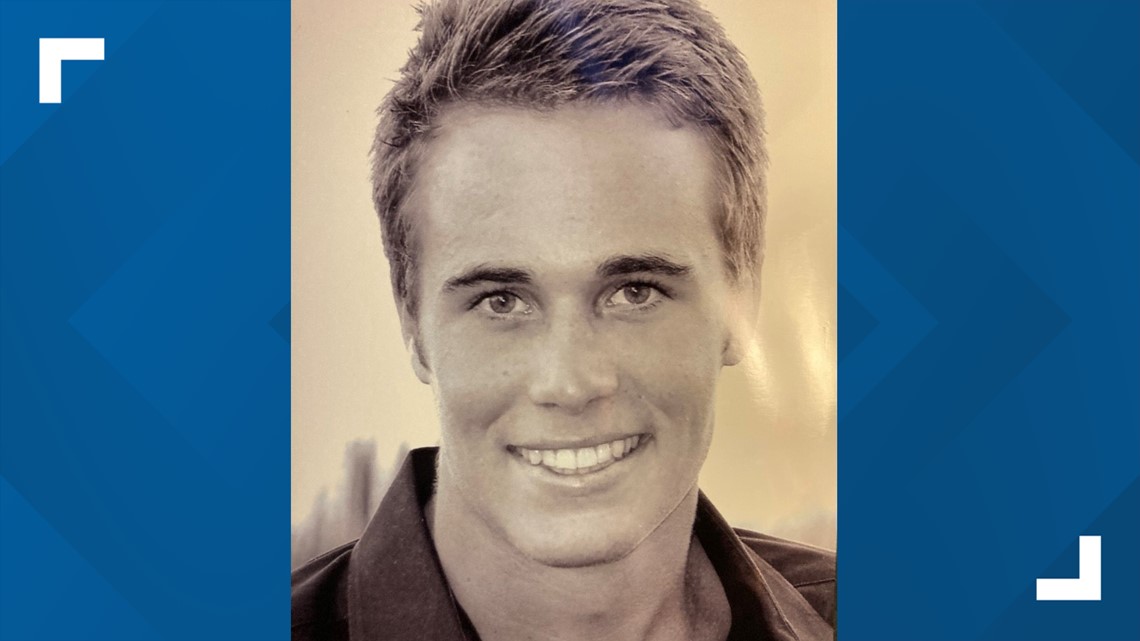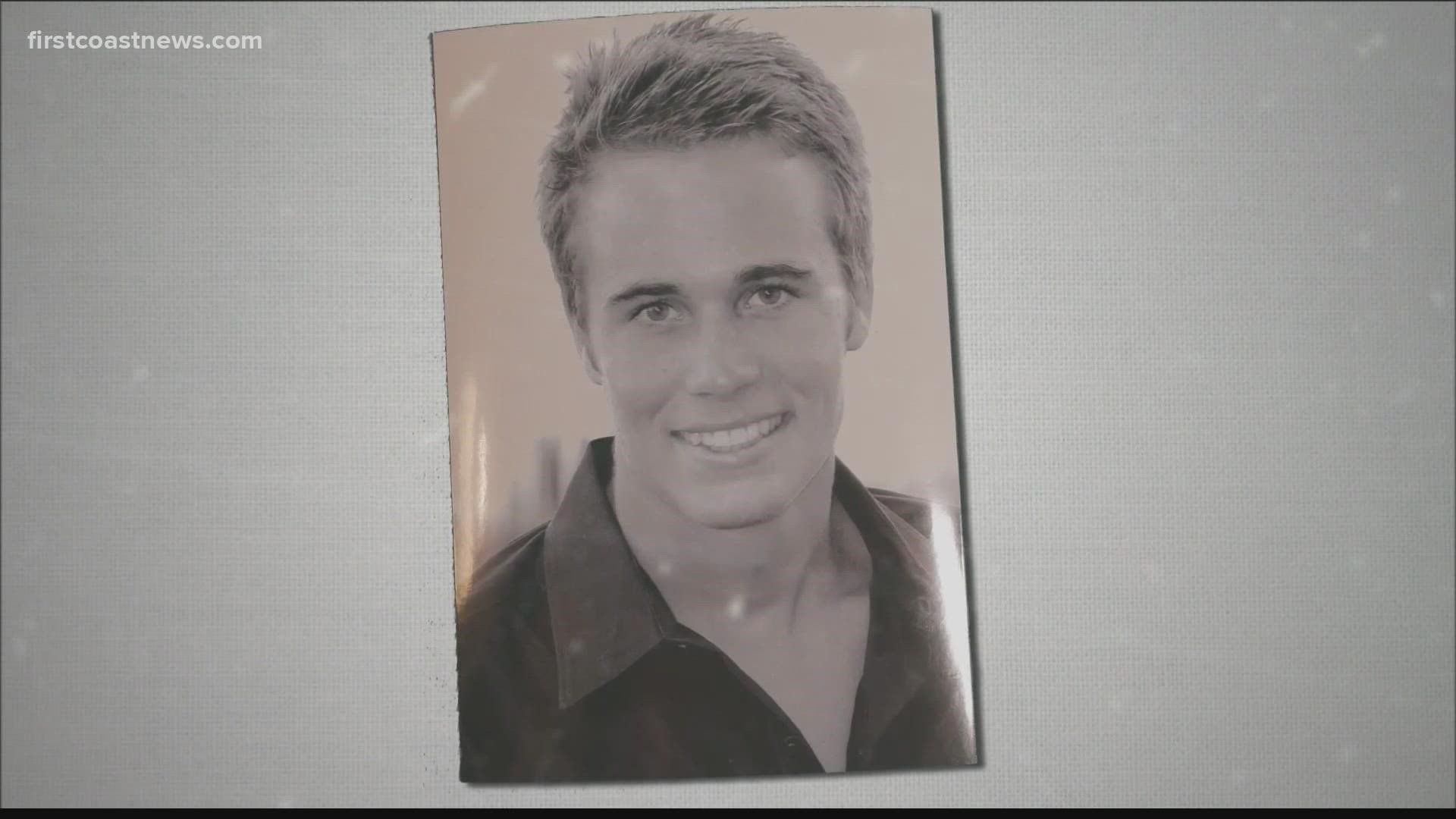JACKSONVILLE, Fla — A wake-up call.
That's what an Atlantic Beach mother says her son's death should be for everyone who hears his story. Max Sheller went to Ponte Vedra High and graduated from Camden Military Academy. He loved surfing, baseball and football. He was a brother, a son, a friend and now part of a growing list of people who have died of accidental overdoses.
“Big, beautiful, 6'6, athlete," Rebecca Sheller said fighting back tears. "I never thought that my beautiful baby would end up like this."
Holding the urn containing her youngest son's ashes, she knows how deadly fentanyl can be.
“My family's heart was broken,” Sheller said. “I've never felt a pain like this in my life. It's a pain that doesn't stop.”
Her son Max was just 24 years old when he died last Spring. His death certificate and toxicology report show he had cocaine, meth and fentanyl in his system when he died of an accidental overdose.
“I had put coconut oil in my coffee that week, just started, and there was a heart in my coffee,” Sheller recalled. “I snapped a picture, and I sent it to my friend, and I said there's a heart in my coffee. And then the shock went through my body. I knew he was gone.”
Her intuition was right. Her son was found in the parking lot of a Palm Coast restaurant, where he collapsed on his way to get food.
“I remember walking through the bedroom going, 'My God, what do I do? What do I wear? What do I do? How do I do this? How do I get this car in drive 45 minutes to be told that my baby's gone?'” Sheller said.


Max had been in and out of rehab. She says his addiction started years earlier, first with alcohol, then marijuana and later cocaine and pills.
“Max didn't want to be an addict,” Sheller said. “Max and I actually planned when he got his life together to work together to help other people. Unfortunately, now I'm helping other people with Max in his urn.”
She doesn't think he had any idea that what he took was laced with fentanyl, a drug lethal in amounts as small as the tip of a pencil.
“These pills look so much like the manufactured pills. You can't tell the difference,” Sheller said.
When she went through his phone, she found a picture on Snapchat of someone offering to sell him pills. Counterfeit pills laved with fentanyl are indistinguishable from prescription medication.
“It is absolutely a crisis. If we look at 2020, Duval County experienced the highest rate of overdose deaths we've ever had,” TJ Ward said. “585 people died of illicit drug overdoses. Of those 585 people, 73% of those deaths were fentanyl related, and of that 73%, over half occurred in the Gen Z and Millennial populations.”
Ward is the director of Project Opioid Jacksonville, a coalition of community leaders working to confront the overdose crisis.
“It’s crucial for us to bring awareness to this issue and to educate people on what the crisis looks like now, the new narrative, which is fentanyl is laced in everybody's drug of choice,” Ward said. “That is what is causing the majority of the overdose deaths.”
Jacksonville Sheriff Mike Williams points out it's not just pills that are being laced.
“This is not the marijuana of the 70s and 80s. We find marijuana laced with fentanyl all the time in seizures,” Williams said. “Fentanyl is the game changer. One dose can kill you.”
It's been 11 months since Rebecca lost her son. A voicemail message he left her telling he loved her is something she plays over and over again.
“I think Max would say sorry, Mama. I didn't mean to, but I think Max would tell people don't do it,” Sheller said. “People really have to realize how deadly this is and how quickly your life will be over. One decision, one small decision, can make the break whether you wake up tomorrow or you end up in an urn.”
If you are struggling with addiction, help is available. The Substance Abuse and Mental Health Services Administration’s (SAMHSA’s) National Helpline is 1-800-662-HELP (4357), or TTY: 1-800-487-4889.
The confidential, free information service is available in English and Spanish for individuals and family members facing mental and/or substance use disorders. This service provides referrals to local treatment facilities, support groups, and community-based organizations.

